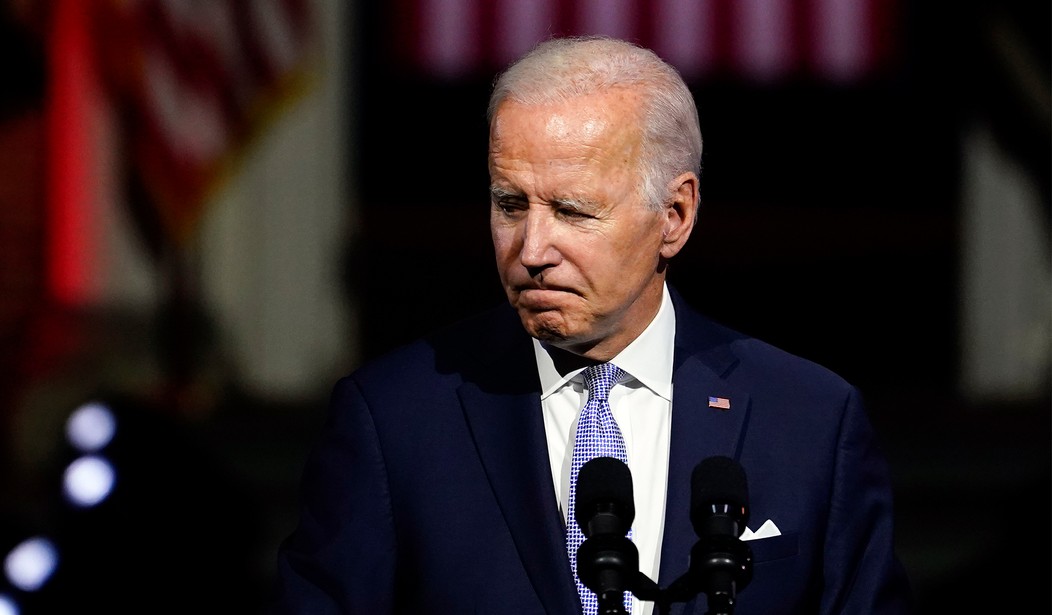President Joe Biden made a big deal about it. He wanted to essentially kill so-called ghost guns and he issued executive orders intending to do just that.
It didn’t work like he hoped, mind you, but that was the intention.
The idea was to require serial numbers on as many firearms as possible. He wanted to see them on kits people use to make their own guns. Anti-gunners want serial numbers on all parts of a gun, even, and not just the receiver.
Yet as Dr. John Lott notes over at The Federalist, those plans just got shot in the foot.
President Joe Biden’s push to change the rules regarding “ghost guns” and put serial numbers on gun parts may be hitting a major roadblock. Relying on the Supreme Court’s Bruen decision in June, a West Virginia federal district court judge ruled on Thursday that it is unconstitutional to ban guns without serial numbers. That is hardly the end of the story, however, as federal judges in Texas and North Dakota seem to have no problem with requiring serial numbers.
The West Virginia judge, U.S. District Judge Joseph Goodwin, isn’t some wild-eyed Trump nominee. He was nominated by Democrat President Bill Clinton.
Goodwin followed the reasoning of Supreme Court Justice Clarence Thomas, who wrote in his Bruen opinion: “Government must demonstrate that the regulation is consistent with the Nation’s historical tradition of firearm regulation.” It wasn’t until the 1968 Gun Control Act that all guns had to have unique serial numbers.
…
Biden’s expanded use of serial numbers is aimed at stopping the production of homemade guns, now called “ghost guns” by gun control advocates. Homemade guns have been around since even before the United States became a country, and it was never terribly difficult to make a gun with simple machine tools. But now their production has become nearly impossible to regulate. With 3-D metal printers, people can now make weapons that are indistinguishable from those purchased in stores.
To be fair, when I covered the West Virginia ruling, it never dawned on me that this basically killed any attempt at a ghost gun ban. In hindsight, it seems obvious now, but it didn’t at the time.
I’ll freely take the hit on this one. It also changes a lot of my reaction to the ruling, making me even more supportive of it.
Plus, as Lott notes in the piece, gun tracing isn’t the tool it’s made out to be. Most of the time, guns aren’t recovered at the scene. When they are, it’s usually because the suspect was injured or killed in the attack, meaning you don’t need to trace the gun itself.
It’s just not that significant a tool.
Especially since the vast majority of the time criminals aren’t using a firearm they purchased. That usually means the tracing information doesn’t lead police to the criminal, but to the law-abiding citizen who had his gun stolen.
And now, despite the best efforts of anti-gunners, any attempt to regulate ghost guns is likely to fail miserably. As the judge in West Virginia and Lott himself note, the requirement for serial numbers is a 20th Century invention, not something supportable under the Bruen standard.
Oh darn.








Join the conversation as a VIP Member